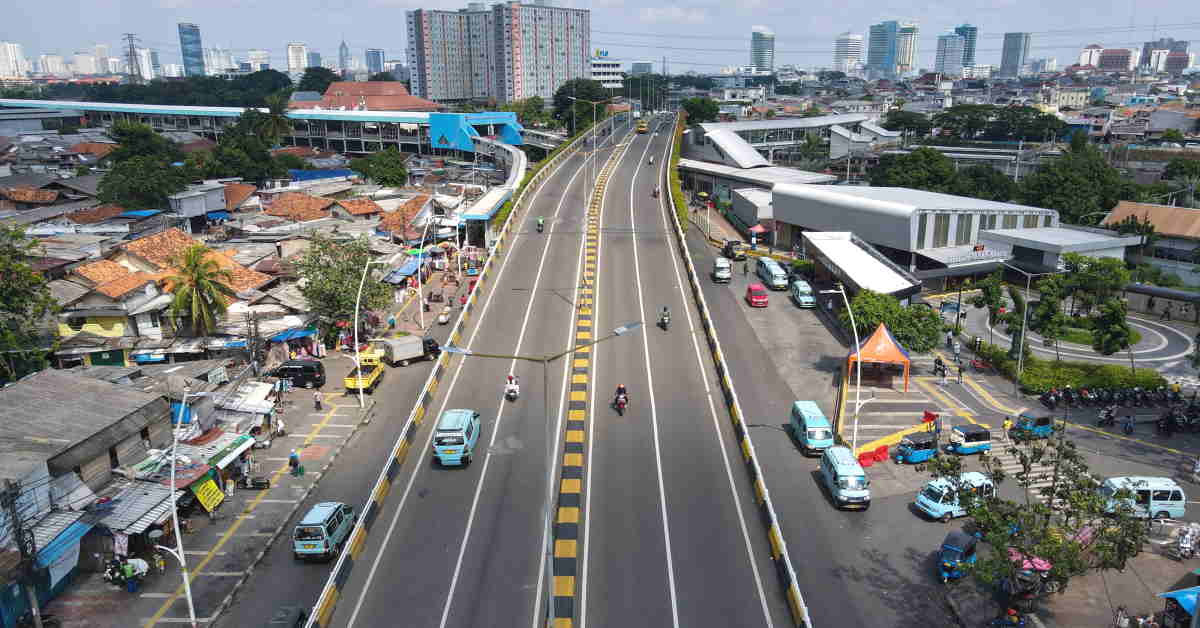Indonesia is tripling its oxygen supplies to hospitals as data suggests the Delta variant of coronavirus is now driving the country’s worsening outbreak, accounting for more than 60 percent of recent cases.
Indonesia’s health minister, Budi Gunadi Sadikin, said that three-quarters of the national oxygen production used for industry would be redeployed to hospitals for the next two weeks.
“We learned from India to make sure the supply is there,” he said.
Indonesia, the world’s fourth most populous country with 275 million inhabitants, is facing its worst COVID outbreak since the start of the pandemic.
Hospitals in Jakarta and across the island of Java have been unable to cope with demand, prompting the International Federation of Red Cross and Red Crescent Societies (IFRC) to warn this week that the country was on the brink of catastrophe.
The citizen data project LaporCovid-19 has reported being unable to source beds for patients who are ill, and said that a government website designed to show available hospital spaces was out of date.
In a sign of the crisis, oxygen tanks have become one of the most highly sought-after items in major cities in Java, as families and friends try to save loved ones who have been unable to get proper treatment. Prices in Jakarta had more than doubled from US$50 (£36) per tank to US$140.
Budi said that the government’s hospital availability website, Siranap, had become overwhelmed because staff in hard-hit areas were too busy. Extra officers would be deployed to 137 hospitals to better manage resources, he said, while telemedicine would also be boosted.
Three government hospitals, as well as emergency rooms, had also been converted to focus solely on treating COVID patients.
“What we are seeing in the last three weeks is the speed of transmission increase drastically and also the speed of when [patients] get ill – it is very, very quickly [that] they are deteriorating if they have comorbidity,” he said.
Indonesia had conducted genome sequencing of about 300 cases over the past three weeks, he said, with results suggesting that Delta had now become the dominant variant in the country. It accounted for 60 percent of cases, and more than 80 percent in regions such as Jakarta and Bandung, according to Budi.
Previous government modelling suggests cases should peak in the first week of July, but Budi said the situation was unpredictable given how rapidly Delta was spreading. “It is very difficult to guess precisely because this is the new variant,” he said.
Lockdown Not Needed
On Thursday, new infections reached almost 25,000, while 504 deaths were reported, both are record daily rises. President Joko Widodo announced new restrictions across Jakarta, Java and Bali, which require nonessential employees to work from home, and for schools to switch to online learning. Shopping malls and mosques will be closed. However, domestic travel is still allowed for people who have had at least one vaccine dose.
Budi rejected suggestions that a national lockdown, with a ban on travel between provinces, was needed. Outbreaks were localised, he said.
The government has been criticised by health experts for being too slow to lock down, and in particular for failing to prevent people from travelling to their home towns at the end of Ramadan.
Officials have also been accused of failing to invest in adequate testing and contact-tracing systems. Indonesia, which conducts 47.98 tests per 1,000 people, has one of the lowest testing rates in the world. The positive rate for tests is more than 20 percent.
Budi said he aimed to increase testing to at least 400,000 a day by August, with resources focused on areas with the worst outbreaks. “We would like to reduce the positive rate to below 10 percent,” he said. He acknowledged that it was unlikely the official numbers captured all cases of the virus.
“Indonesia is geographically dispersed and the infrastructure of laboratories is not as robust as many other countries. There are a portion of the cases that are not identified,” he said.
The country’s vaccination campaign reached more than 1.4 million doses on Thursday, he said, adding that new supplies were being sourced.
On Thursday afternoon, Japan’s government delivered more than 1 million doses of the Oxford/AstraZeneca vaccine. About five percent of the population has been fully vaccinated.
Budi declined to comment on whether the government should have locked down more quickly but said that next time there was a public holiday, tougher restrictions were needed.
“We need to make sure that we are very, very, strict on Eid al-Adha,” he said, referring to the Muslim holiday which will fall on 19 July, when people usually travel home to visit their families. The current restrictions are due to end on 20 July. – The Guardian
